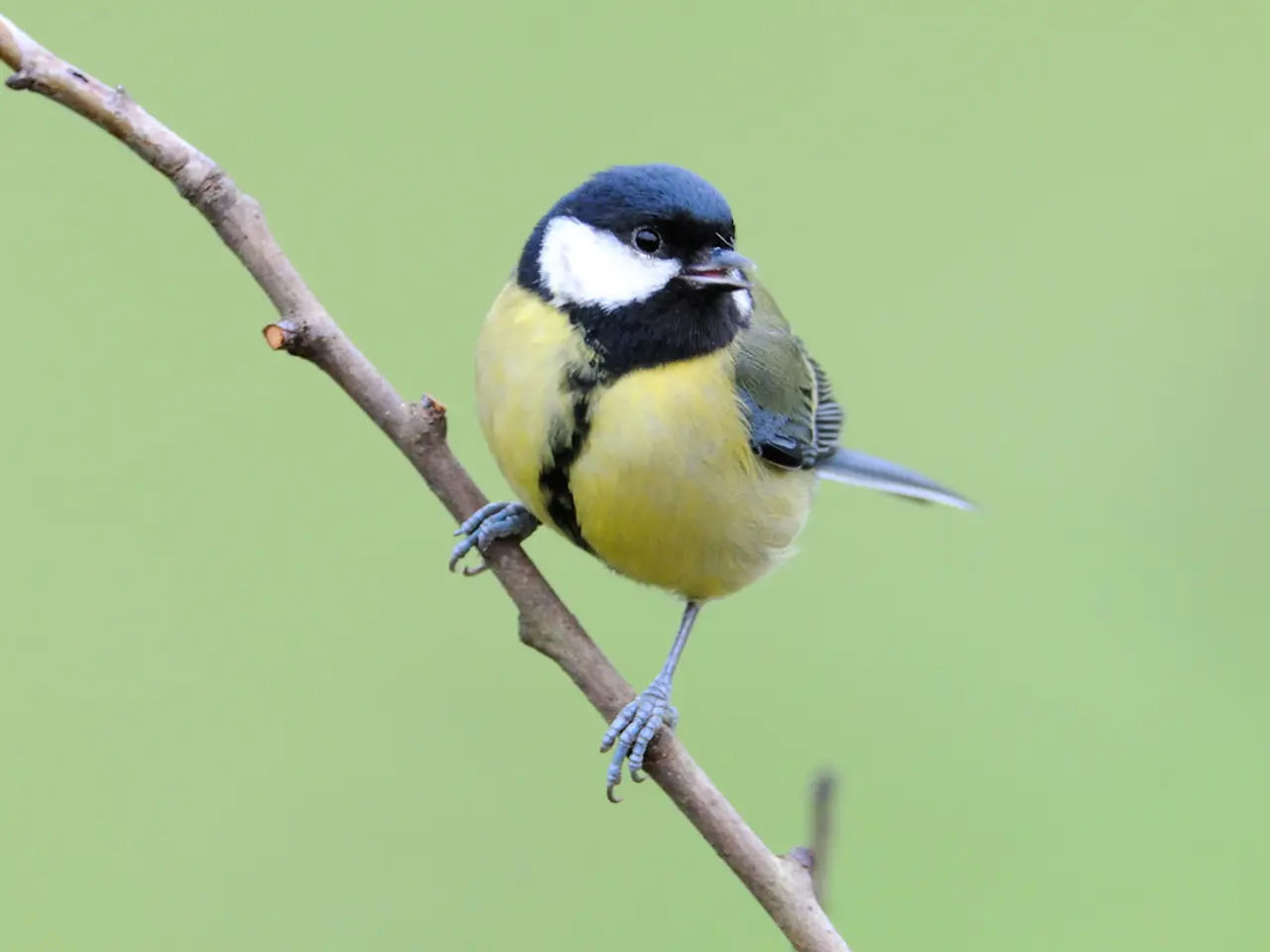First Ever: ESCs Cultivated from Eight Bird Species, Including Chickens
A groundbreaking study has successfully cultivated embryonic stem cells (ESCs) from eight bird species, including chickens, for the first time. This breakthrough, published in Nature, overcomes previous challenges in cultivating ESCs from species beyond rodents.
The research team discovered a key medium containing egg yolk that can maintain chicken ESCs in an undifferentiated state for up to two weeks. This medium also allowed the derivation and maintenance of authentic ESCs from seven other bird species: quail, pheasant, turkey, duck, goose, peafowl, and ostrich. Each species required slight variations in the initial cocktail for successful ESC derivation and maintenance.
The study demonstrated that chicken ESCs could differentiate into reproductive germ cells and somatic cells, contributing to chimeras. These cells also passed key tests of pluripotency, including differentiation and chimera contribution. Remarkably, chicken ESCs could be genome edited using CRISPR, expanding their potential for research and biotechnology applications. The team isolated blastodermal cells from freshly laid chicken eggs and supplemented the culture medium with specific factors to promote ESC growth.
This study marks a significant advancement in avian stem cell research. The successful cultivation of ESCs from eight bird species opens new avenues for studying bird development, disease modeling, and potentially, conservation efforts. The team's findings also pave the way for further exploration into the unique requirements of each species for ESC derivation and maintenance.
Read also:
- Overweight women undergoing IVF have a 47% higher chance of conceiving naturally post-weight loss
- Bonsai Trees from Evergreen Species: Exploring Growth Characteristics & Distinct Qualities
- What temperatures may make walking your canine companion uncomfortable?
- Title: Information About Beovu: Potency, Form, Usage, and Additional Details






